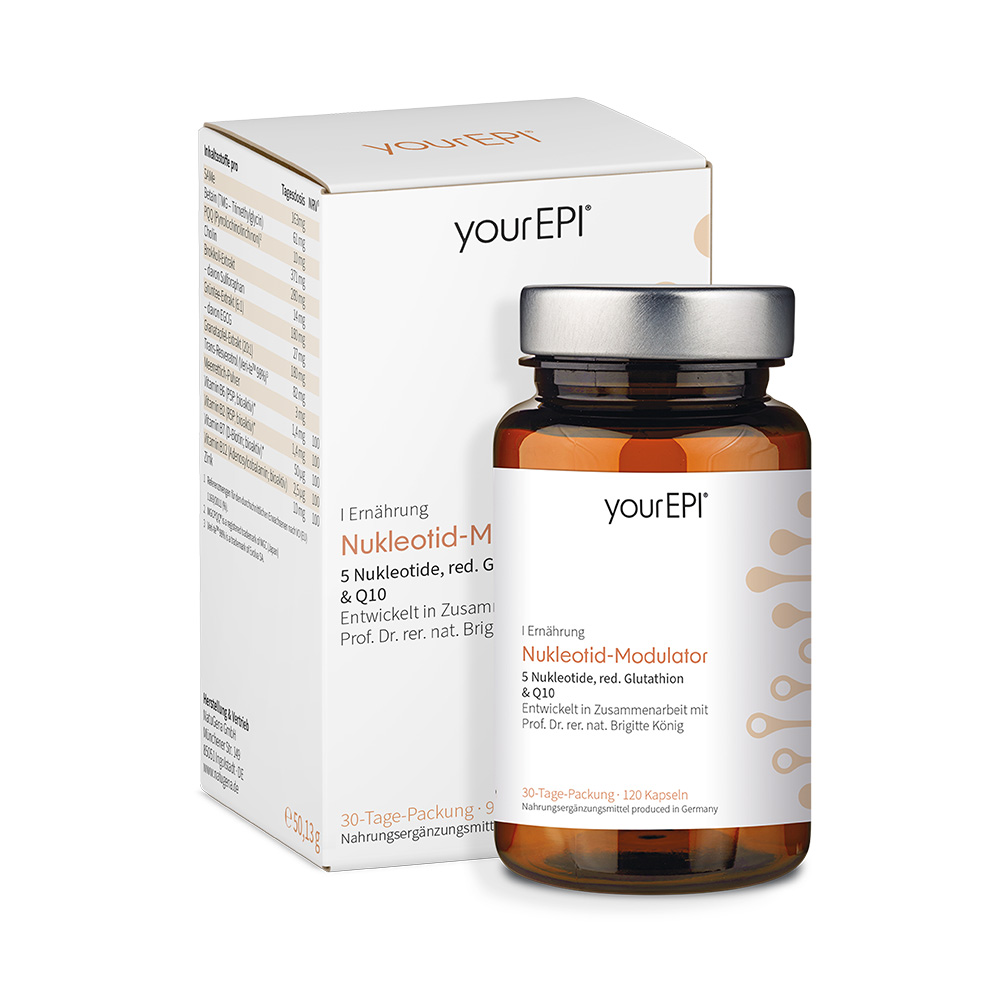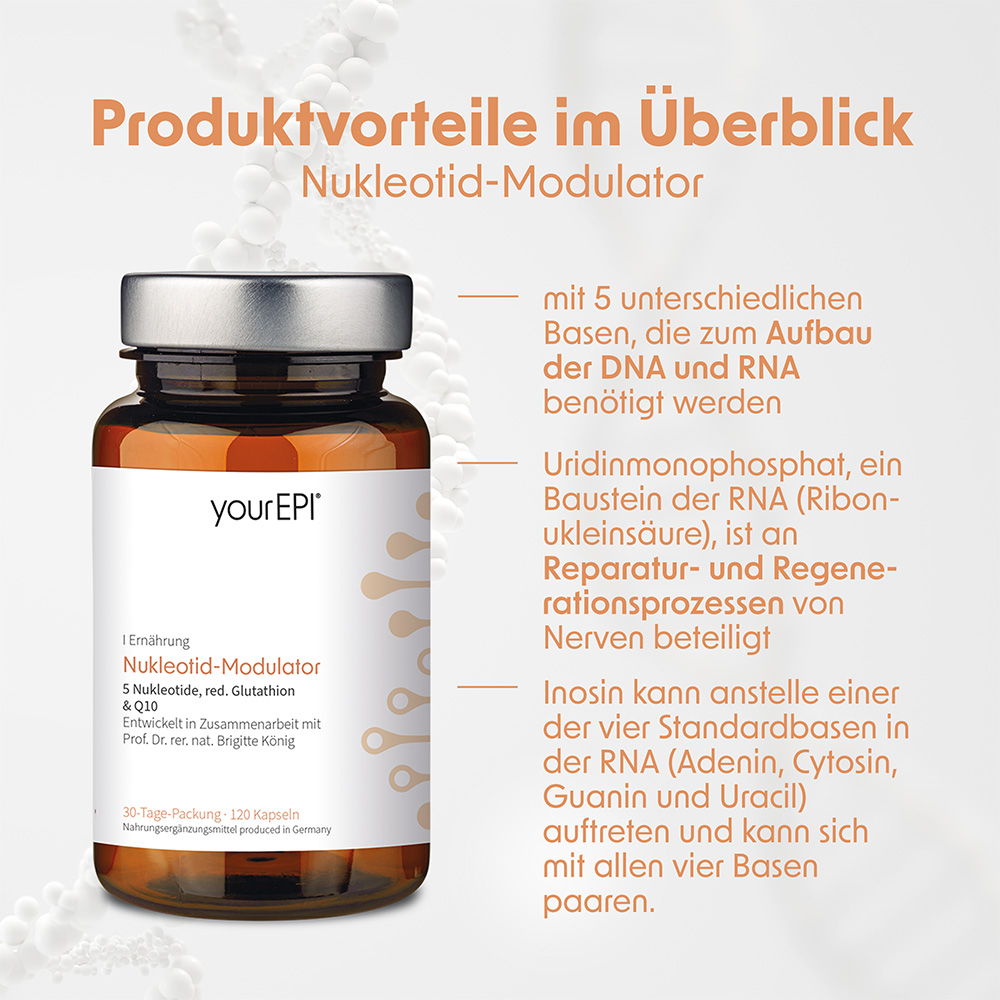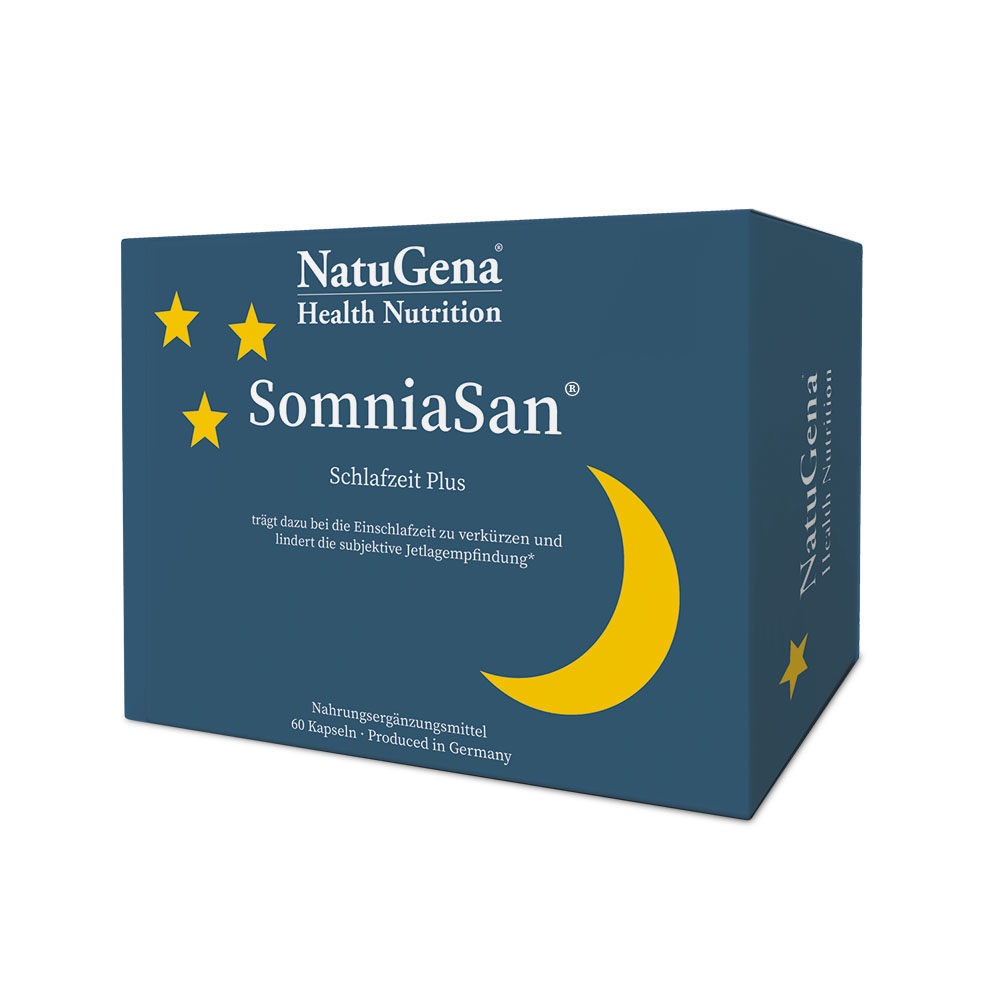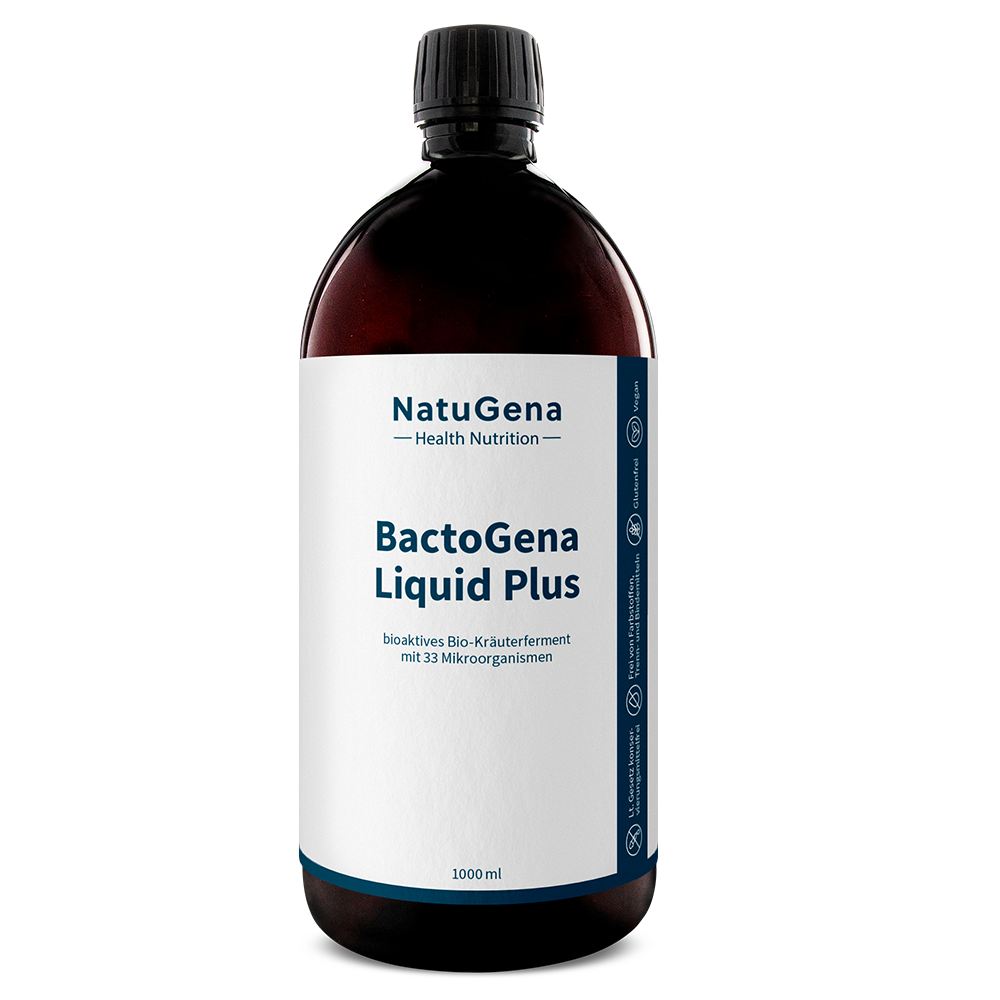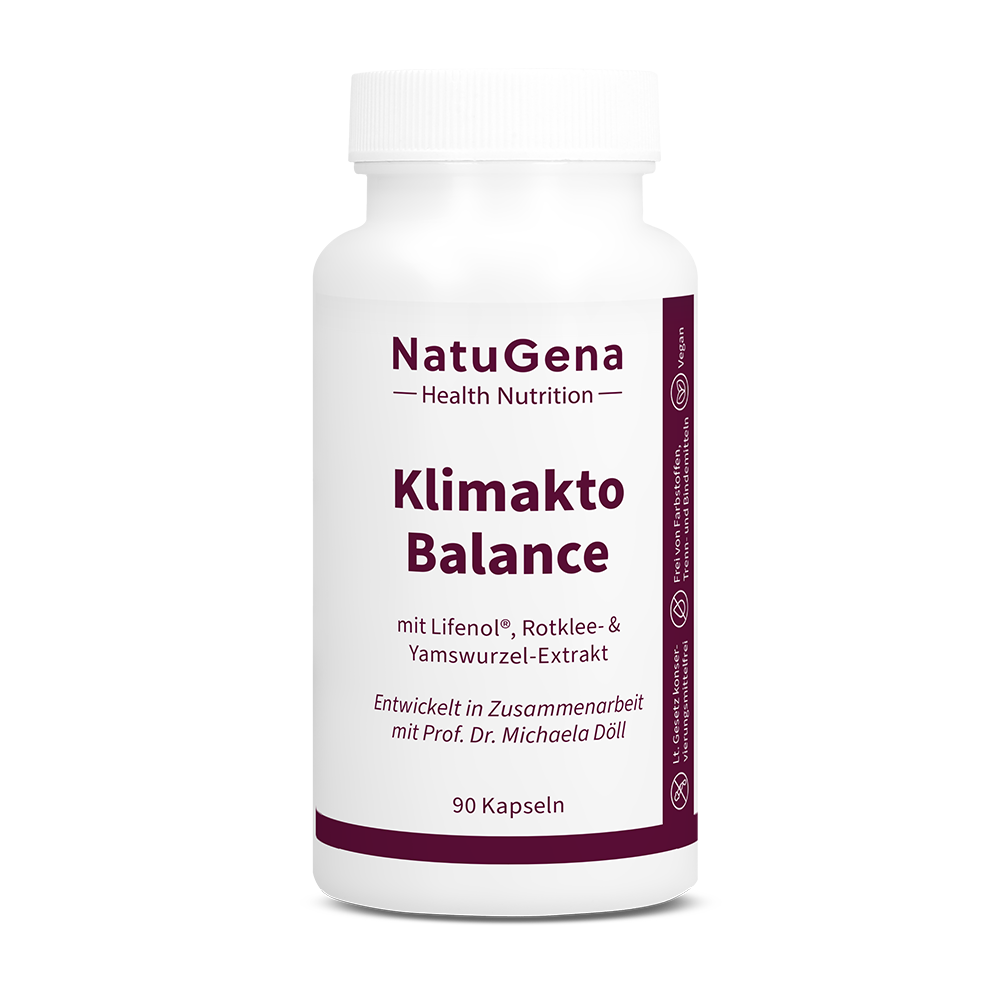An adult is made up of 100 trillion or 100,000,000,000 individual cells. Each of these cells can divide 40-60 times. Unlike some single-celled organisms, the number of cell divisions in the course of a human life is therefore limited. Our product NucleotideModulator provides needed vitamins, minerals and co-factors for DNA synthesis, cell division, the immune system and energy metabolism. In addition, NucleotideModulator provides the valuable nucleotides uridine, cytidine, inosine, guanosine and adenosine 5'-monophosphate as a nucleotide complex in the form of ribonucleic acid (RNA).
Desoxyribonucleic acid (DNA) serves as the carrier of genetic information in cells. The DNA molecules in the cell nuclei contain the genetic information necessary for the development and function of an organism. They contain all the vital information for the body's blueprint in each cell. DNA is the long-term storage form of genetic information. RNA, on the other hand, is responsible for the conversion of this information. It is involved in transcription, protein biosynthesis and regulation of gene expression and thus plays a crucial role in cellular metabolism.
Our Nucleotide Modulator from NatuGena also contains yeast extract, which provides beta-glucan, other RNA, enzymes and co-factors. Yeast extract is used by scientists in the laboratory for DNA synthesis, to support the optimal growth of organisms, to improve enzyme reactions or to provide specific components needed for the particular application. A combination with bioactive B vitamins and minerals rounds off the formulation. Here, the function of zinc, which contributes to normal DNA as well as protein synthesis, is particularly noteworthy. The combination of vitamin B9, vitamin B12 and zinc supports cell division and the combination of vitamin B3, vitamin B2, vitamin B5, vitamin B12 contributes to a normal energy metabolism as well as against tiredness and fatigue.
Nucleotide Modulator with Flexible Inosine
Inosine and inosine 5'-monophosphate are related chemical compounds that play a role in biochemistry and molecular biology.
Inosine is a nucleoside found in RNA and consists of a compound of hypoxanthine and ribose. Inosine can occur in place of any of the four standard bases in RNA (adenine, cytosine, guanine and uracil) and can pair with all four. Inosine plays an important role in many biological processes, including RNA editing, transcription and translation.
Inosine 5'-monophosphate (IMP), on the other hand, is a form of inosine that carries a phosphate group at the 5' position of the sugar residue. IMP is an intermediate in the metabolism of purines, a group of organic compounds found in DNA and RNA. It is converted into a number of other purines, including adenosine monophosphate (AMP) and guanosine monophosphate (GMP), which are involved in the formation of RNA and DNA.
In summary, the main difference between the two is that inosine is a nucleoside, whereas IMP is a nucleotide composed of inosine and a phosphate group and plays a central role in purine metabolism.

